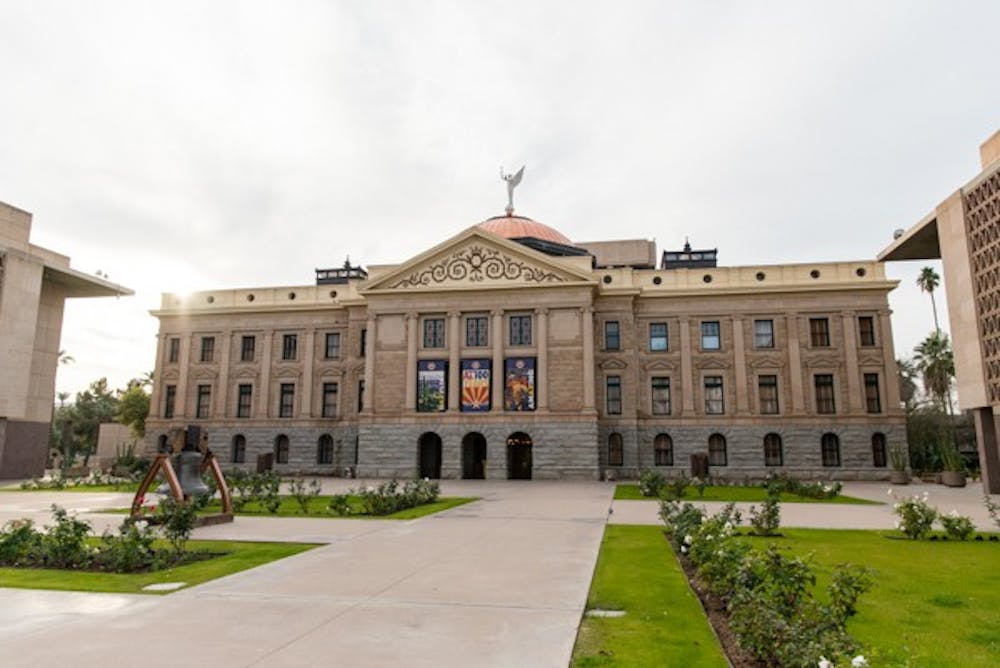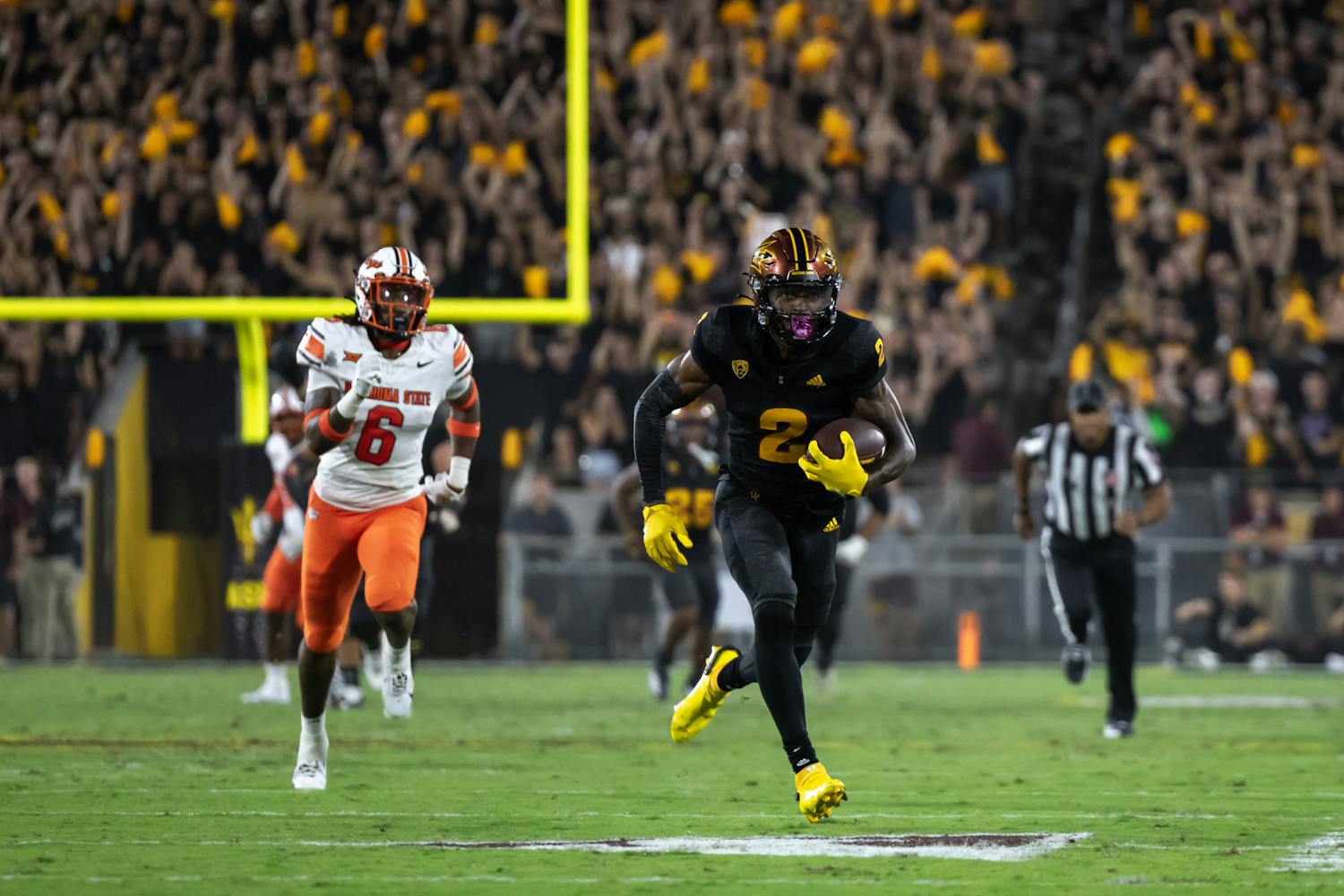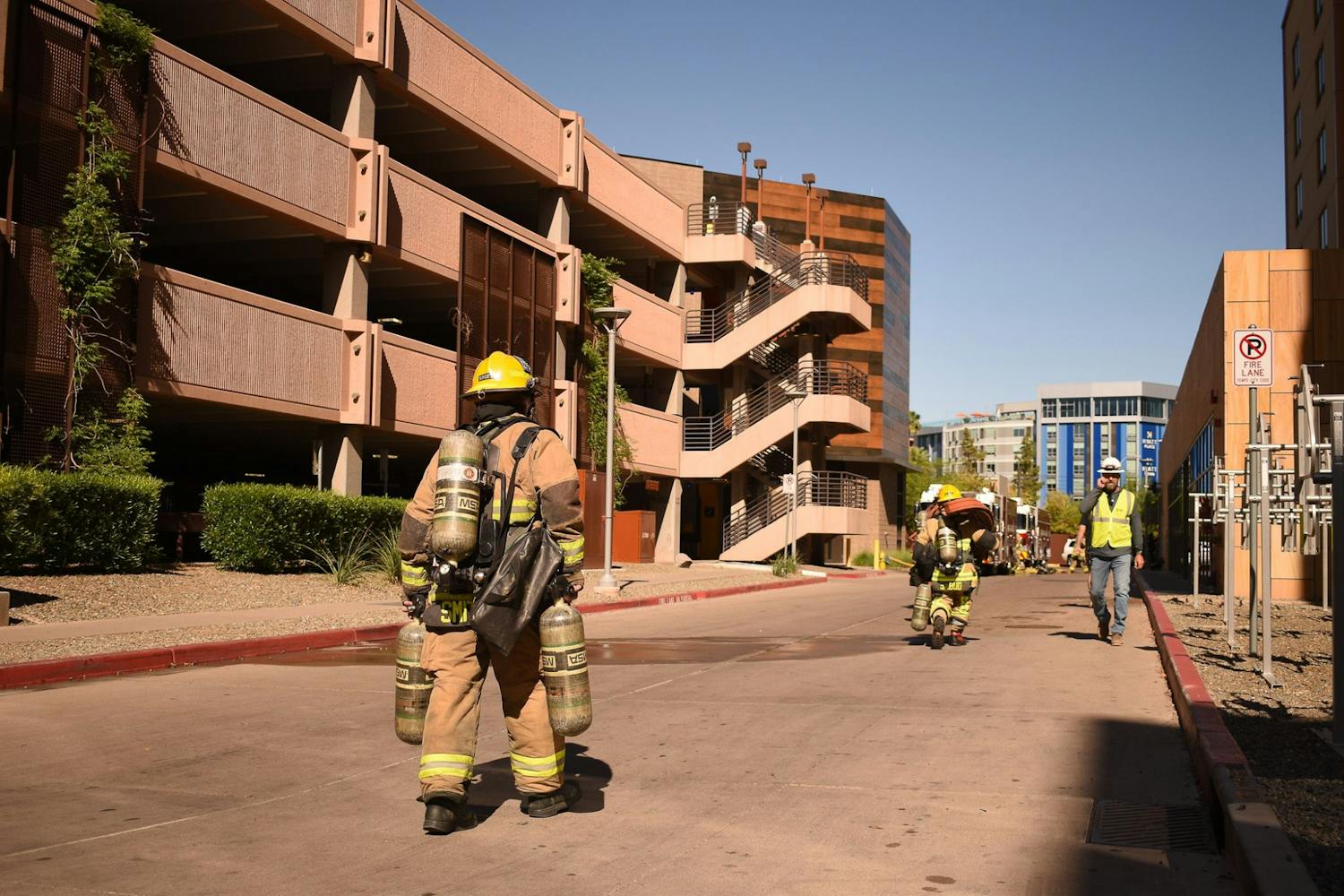It seems the end is nigh for opponents of State Bill 1070, since earlier this month U.S. District Court Judge Susan Bolton dismissed the last extant challenge to the controversial immigration bill, drafted by now-recalled Sen. Russell Pearce (R-Mesa) in 2010.
For those who are opposed to the bill, this does not sit well.
Ricardo Palomera, the ASU Chapter President of the Chicano student group MEChA, is one such detractor. He said he was outraged when the bill was first signed in 2010, and is now disappointed that the “papers please” section, which he sees as the most controversial, is still largely in effect.
“I guess the judge said that (the plaintiffs) did not do their job in showing that the law would be enforced differently for Latinos, and I think that’s ridiculous. I just see a lack of empathy for immigrants and for humans in general, really,” he said.
The bill has undergone several legal challenges in both the 9th District Court and the Supreme Court, since its approval in 2010 by then-Arizona Gov. Jan Brewer.
Lawsuits challenging the bill have come from around the state and even the federal government, with plaintiffs ranging from a Tucson police officer to the U.S. Dept. of Justice, but the heavily disputed “papers please” section has remained.
The section requires police officers to inquire the immigration status of those arrested for other crimes with reasonable suspicion, essentially requiring immigrants to keep their documents on them at all times.
The challenges asserted that the bill was racially discriminatory based on the 14th Amendment’s equal protection clause and that it violated the federal supremacy clause.
In her decision, Bolton wrote that the challengers to the bill have “not produced any evidence that state law enforcement officials will enforce SB 1070 differently for Latinos than a similarly situated person of another race or ethnicity.”
For those that have felt the legal threats of SB 1070 firsthand, it is difficult to see why the bulk of the law has remained.
This is the case with journalism freshman Lerman Montoya. His mother, an illegal immigrant from Mexico, was stopped by the police after running a red light. Montoya said that the officer was lenient and let her go, but the fact that deportation was a distinct possibility was incredibly anxiety-inducing.
He said he questioned whether the law can be enforced in a way that does not target Latinos.
“I think that they’re smart," he said. "They wrote the law so it looks like they’re not targeting a certain group of people, but I think it’s so obvious. They’re not targeting Chinese immigrants, or Bosnian immigrants — they’re targeting Mexican immigrants.”
The bill fits under the far-right immigration policy of attrition through enforcement, which aims to make life in the U.S. so difficult that migrants will "self-deport."
Still others, like sports journalism freshman Troy Tauscher, have less of an unabashed stance against the recent court decision.
“On one hand, people talk about (SB 1070) like some kind of nefarious government scheme to promote racism," he said. "And the argument is that the bill doesn’t say that if you’re Latino you will be asked about your citizenship status, but I can see how it would be enforced that way."
He said that the best way to address the issue would be to consult a police officer and see whether to suspect someone of being here illegally based upon what other criteria they discern.
Bolton also upheld parts of the bill that banned sanctuary cities in the state, in which law enforcement personnel are banned from inquiring about the immigration status of detainees.
One concern the bill raises is how it will be received by the rest of the nation and world, especially considering Gov. Doug Ducey’s recent efforts to market the state as business and visitor friendly.
Tauscher said he gets the sense that contrary to when the bill was first signed, America’s vitriol will not be so intensely focused on the state this time around.
This could especially be true given the modifications made to SB 1070 in the form of Arizona House Bill 2162, which changed the language of the bill to necessitate that "prosecutors would not investigate complaints based on race, color or national origin." It also mandated that police officers would only question immigration status if the suspect was stopped by law enforcement legally.
The same can be said for Bolton’s obstruction of a part of the law that banned day laborers from blocking traffic to seek work on free speech grounds.
Palomera said he is less optimistic.
“I think Governor Ducey will have a hard time reaching out to the Latino community and promoting Latino businesses and Latino interests in the state of Arizona from the outside when he can’t take into account those on the inside," he said. "In order for someone to represent the entire state, they need to take into account the people they represent, even those who didn’t vote for them."
Related Links:
Crow's letter to Gov. Brewer about SB 1070
Reach the reporter at Arren.Kimbel-Sannit@asu.edu or follow @akimbelsannit on Twitter.
Like The State Press on Facebook and follow @statepress on Twitter.




